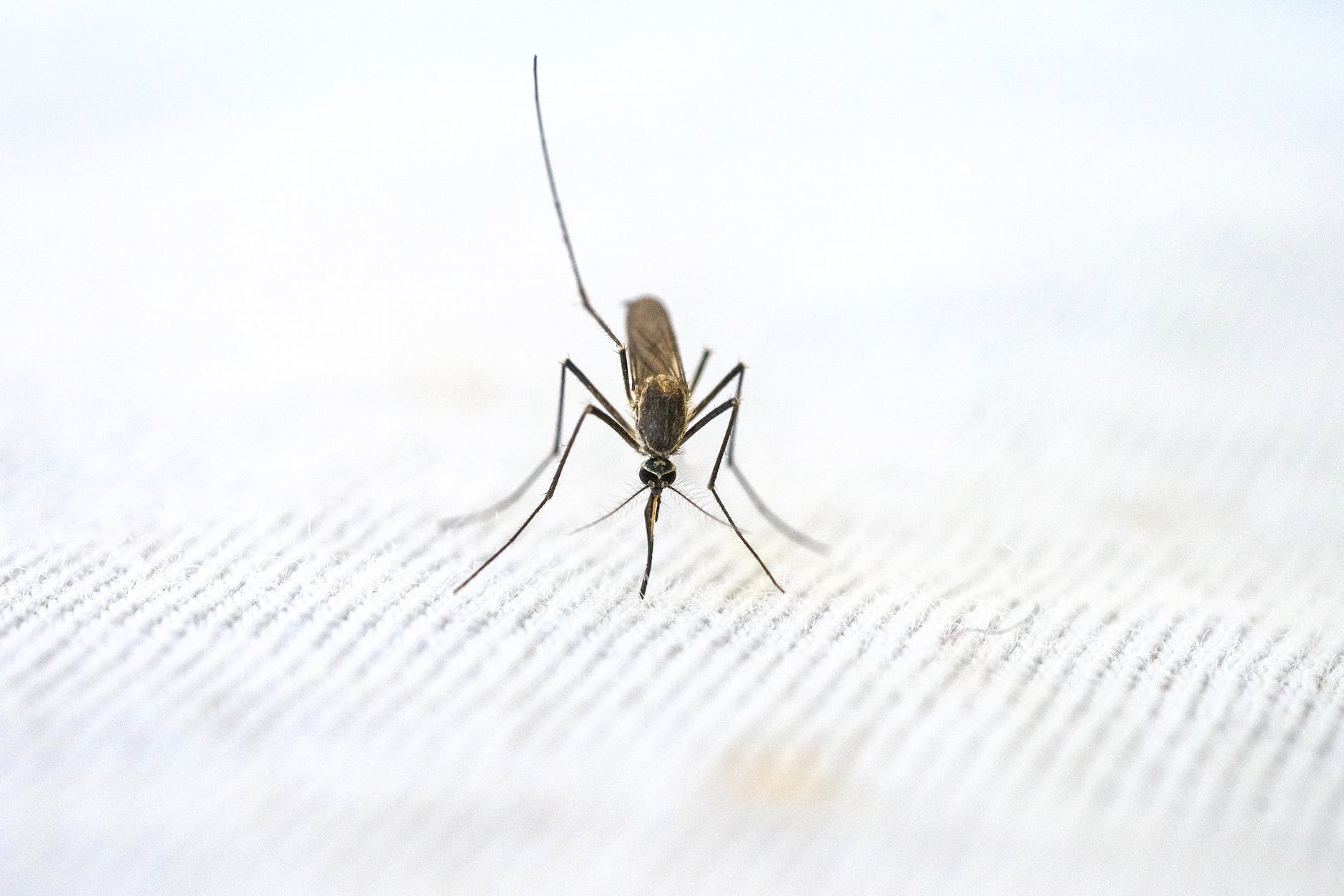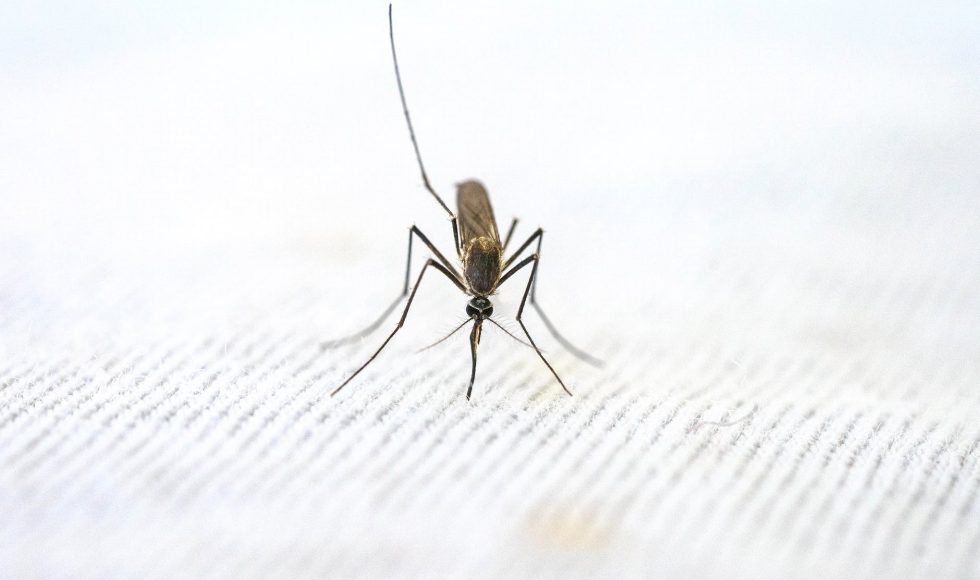The five minute London Calling 2023 session entitled “Targeted nanopore sequencing using hybridisation probes reveals immune escape polymorphisms in malaria vaccine candidates” was a talk by Alyssa Barry from Deakin University in Australia. They spoke about the global number of cases of malaria, deaths, and people at risk. Malaria vaccine is challenging because of the complex life cycle of the parasite. Barry and a talented graduate student analyzed the sequence of 23 antigens extracted from MalariaGEN Pf3K + PNG WGS. Some haplotypes are restricted to geographical areas. There are diverse antigens and immune escape occurs, but the polymorphisms are unclear. A longitudinal study of 730 participants followed for 26-32 weeks was analyzed. A panel of probes was designed to target 38 genes. The genomics workflow included random whole genome amplification, hybridisation, de-hybridization, capture, and assembly. A custom workflow was created and reports with coverage were created. Serotype frequency was calculated. The popiline uses Nanopore sequencing, The samples were collected and processed. The information obtained from sequencing and assembly can help identify and improv eepitopes for DNA sequencing. Sequencing 23 antigens helped identify immune escape polymorphisms from samples. The SNIPER pipeline was used to identify single nucleotide variants. SNIPER identified new variants and helped refine approaches for future vaccine development.



